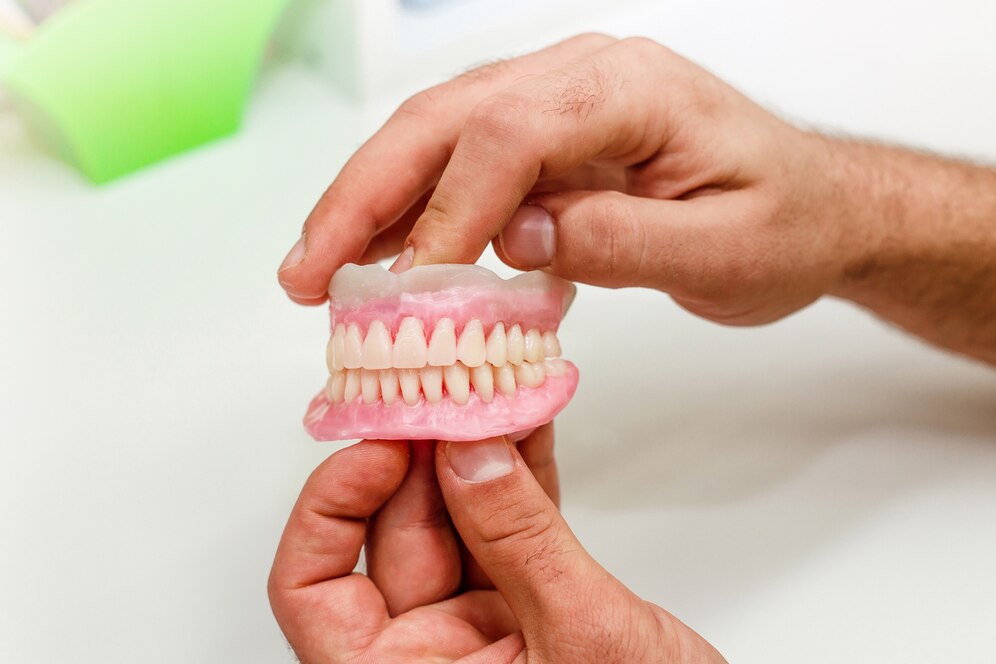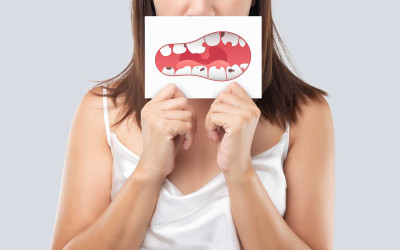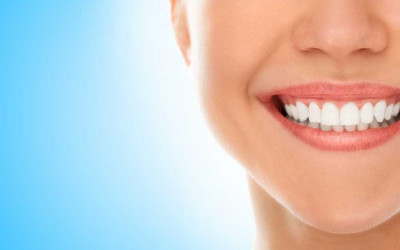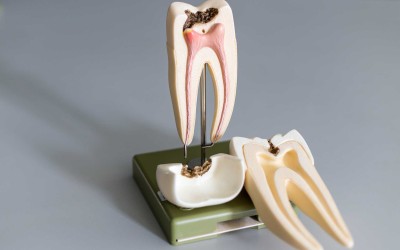When is Prosthetic Dental Treatment Necessary?

When is Prosthetic Dental Treatment Necessary?
- 3 March 2025
- 1892 views
When is prosthetic dental treatment necessary? Take action now to restore your smile with healthy, aesthetic teeth!
This content is for informational purposes only and does not replace medical advice, diagnosis, or treatment. Please consult a healthcare professional for any health concerns.
Table of Contents
Tooth loss can lead to both aesthetic and functional issues. Missing teeth can cause problems such as difficulty chewing and a loss of self-confidence. Prosthetic dental treatment is used to solve these problems, helping patients regain a healthy smile.
What is Prosthetic Dental Treatment?
Prosthetic dental treatment involves replacing missing or damaged teeth with prostheses to restore dental function. This treatment is preferred to improve aesthetic appearance, enhance chewing function, and maintain oral health. Both fixed and removable prostheses can be used in prosthetic treatment.
Why is Prosthetic Treatment Needed in Case of Tooth Loss?
Missing teeth are not just an aesthetic issue. They can also lead to jawbone deterioration, speech difficulties, and chewing problems. Prosthetic treatment helps address these issues. Additionally, it prevents problems such as bone resorption caused by missing teeth.
When is Prosthetic Dental Treatment Applied?
Prosthetic dental treatment can be applied in various situations, including:
- Missing Teeth: The most common reason for prosthetic treatment is missing teeth. Even the loss of a single tooth can negatively impact the jaw structure. Prosthetic treatment involves placing suitable prostheses to replace missing teeth.
- Jawbone Loss: Tooth loss can cause jawbone resorption over time. Prosthetic treatment supports the jawbone and prevents further resorption.
- Damaged or Severely Worn Teeth: When teeth are severely worn or damaged, prosthetic treatment is often chosen. This is particularly effective in age-related wear cases.
- Aesthetic Issues: When teeth are not the desired size, colour, or shape, it can lead to aesthetic concerns. Prosthetic treatment provides patients with a more aesthetically pleasing smile.
- Chewing and Speech Problems: Missing teeth can cause difficulties in chewing and speaking. Prosthetic dental treatment aims to restore these functions.
What Types of Prosthetic Teeth Are There?
There are various types of prostheses for different needs in prosthetic dental treatment. These include:
- Fixed Prostheses: Fixed prostheses, such as crowns and bridges, are permanently placed inside the mouth by the dentist. They cannot be removed by the patient.
- Removable Prostheses: Removable prostheses are used to replace missing teeth and can be easily removed. Full dentures and partial dentures fall under this category.
- Implant-Supported Prostheses: Prostheses placed on dental implants can be either fixed or removable. This method provides a natural appearance and comfort.
What Should Be Considered in Prosthetic Dental Treatment?
For the treatment process to be successful, patients need to pay attention to certain aspects:
- Oral Hygiene: It is important to maintain good oral hygiene before and after treatment.
- Regular Checkups: Prostheses should be regularly checked and maintained.
- Proper Diet: To prevent damage to prostheses, patients should avoid hard and sticky foods.
Healthy Smiles with Prosthetic Treatment
Prosthetic dental treatment not only fills in missing teeth but also boosts self-confidence. After treatment, patients enjoy a more aesthetic smile and improved chewing function. Additionally, jaw and facial structure are preserved, supporting overall oral health.
Prosthetic dental treatment offers aesthetic and functional solutions for missing teeth. With this treatment, you can improve your self-confidence and achieve a healthy oral structure. If you are experiencing tooth loss or aesthetic issues with your teeth, consult a dentist to explore prosthetic treatment options.
Frequently Asked Questions (FAQ)
What is Prosthetic Dental Treatment?
It is a treatment where prostheses are placed to replace missing or damaged teeth.
Who Can Benefit from Prosthetic Treatment?
It is suitable for individuals experiencing tooth loss, wear, or aesthetic concerns.
What is the Difference Between Removable and Fixed Prostheses?
Removable prostheses can be taken out, while fixed prostheses are permanently placed in the mouth.
What Are the Benefits of Prosthetic Dental Treatment?
It restores chewing and speaking functions and improves aesthetic appearance.
How Long Does Prosthetic Dental Treatment Take?
The treatment duration varies depending on the type of prosthesis used and the patient's condition.







